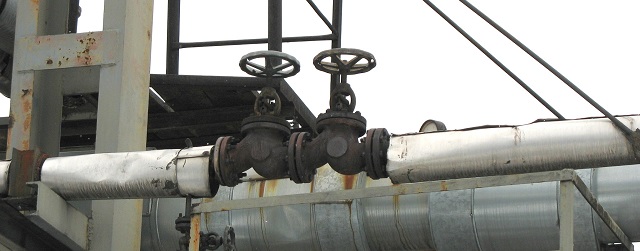Scope Ratings says Europe needs a better balance between affordable energy, energy security and sustainable, environmentally friendly economic growth. The crisis has again shown how sensitive the sector is to regulation and politics.
“Europe’s politicians have set a clear path toward decarbonisation, with the ultimate decommissioning of coal and gas-fired power plants in many markets,” says Sebastian Zank, deputy head of corporate ratings at Scope.
“However, given today’s structure of the region’s energy system, it is nearly impossible to guarantee uninterrupted supplies of electricity unless better energy backups are put in place. An energy transition which focuses on relentless expansion of intermittent sources of renewable energy and full decommissioning of reliable thermal and nuclear power-generation capacity only undermines security of supply, leading to volatile energy prices,” says Zank.
Solutions to the problem exist. Better energy storage – notably of natural gas – improved power-grid interlinkages across Europe, more reliable renewables such as offshore wind, better incentives for power generators to maintain back-up capacity and a rethink of the role of nuclear power are all components of a more sustainable European energy system. So too is better priced carbon dioxide to offer the required investment incentives for green energy projects.
Scope says the current crisis provides seven insights for Europe’s energy sector:
- Wrong-footed power suppliers face profit squeeze; larger players set to benefit from market shake-out.
- Higher prices will take time to feed through to generators’ cash flow though government intervention may limit, delay gains
- Higher gas, electricity bills put the spotlight on energy policy, regulation; politics is trumping market forces near-term judging by price controls and subsidies introduced or planned in Greece, France, Italy, Spain and UK.
- Energy market volatility looks set to stay for a while in Europe: ramp-up in renewables capacity, interconnectors too slow to compensate near-term for weather-related supply issues, lack of gas storage, decommissioning of reliable gas- an coal-fired power stations, high commodity prices and strong demand.
- Time to recalibrate Europe’s energy policy. “Europe’s energy sector is torn between politics and physics – we need more profound thinking about energy transition,” says Zank.
- Fixing Europe’s gas-storage problem is urgent, not just overall capacity but better integration of the infrastructure.
- Volatile energy prices will boost demand corporate power purchase agreements (PPAs) for unregulated renewables





